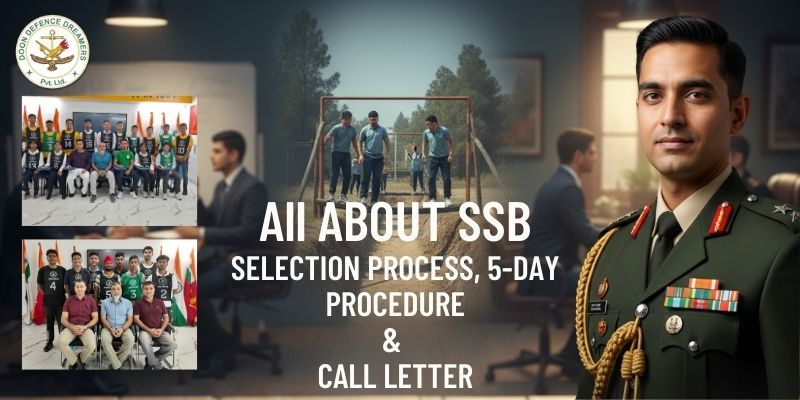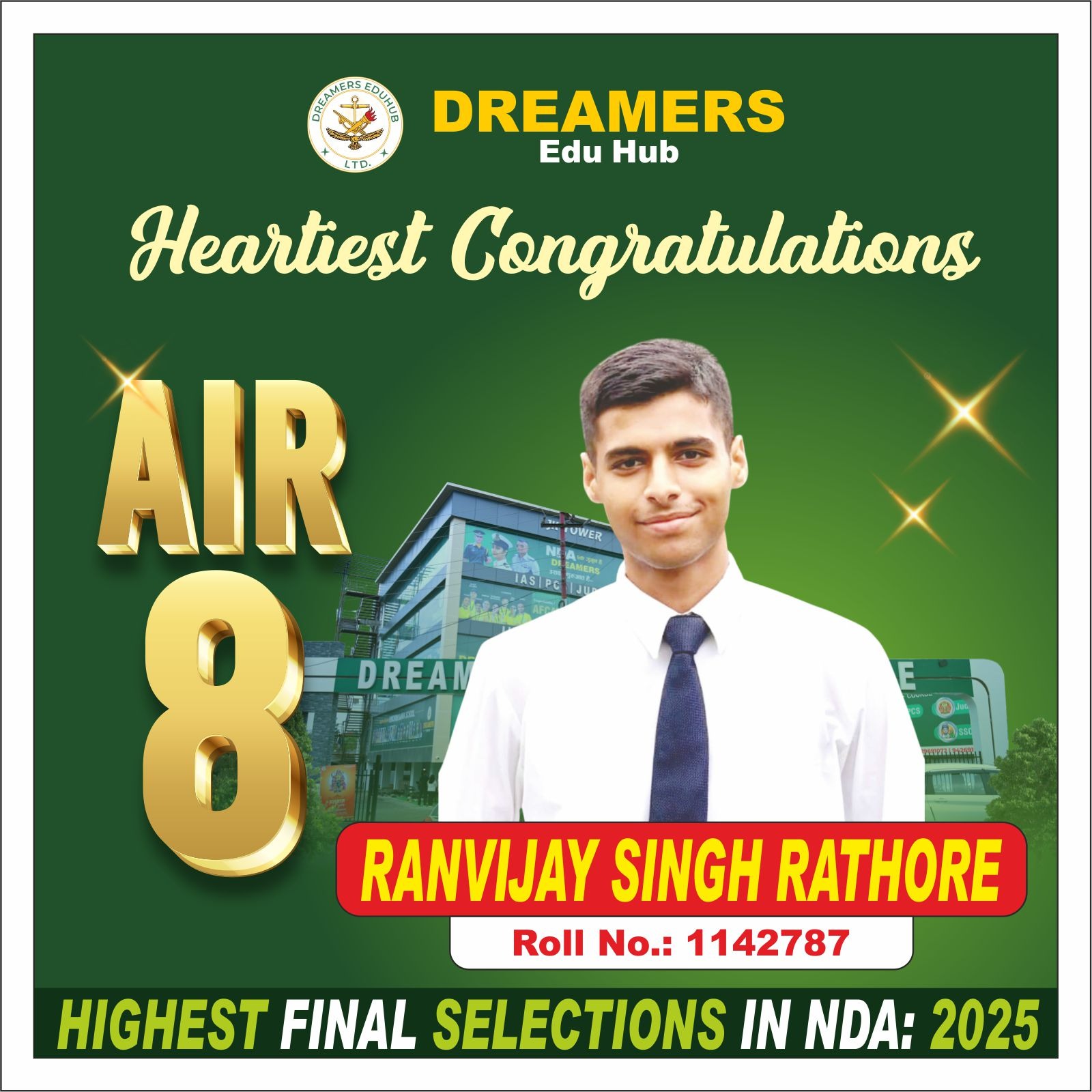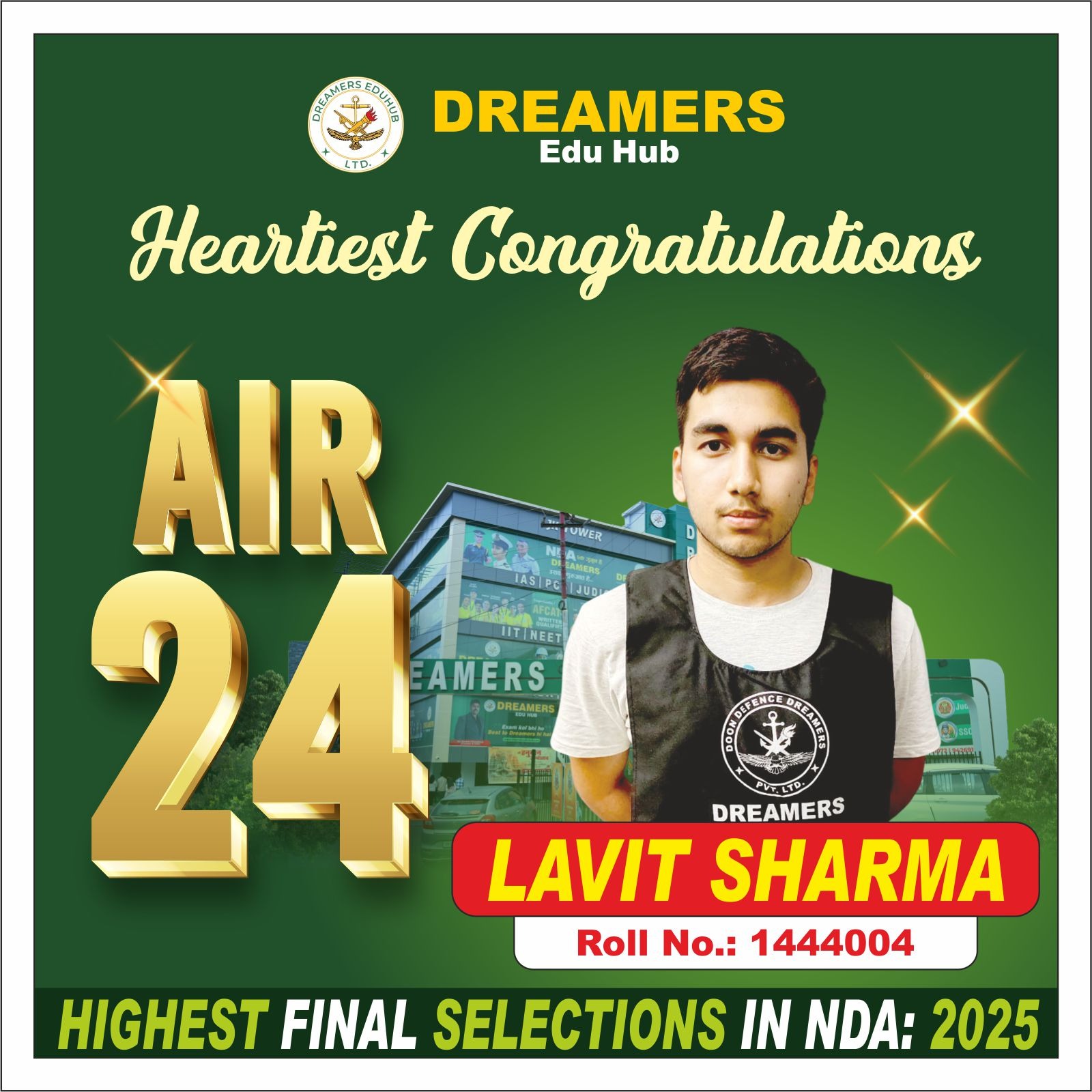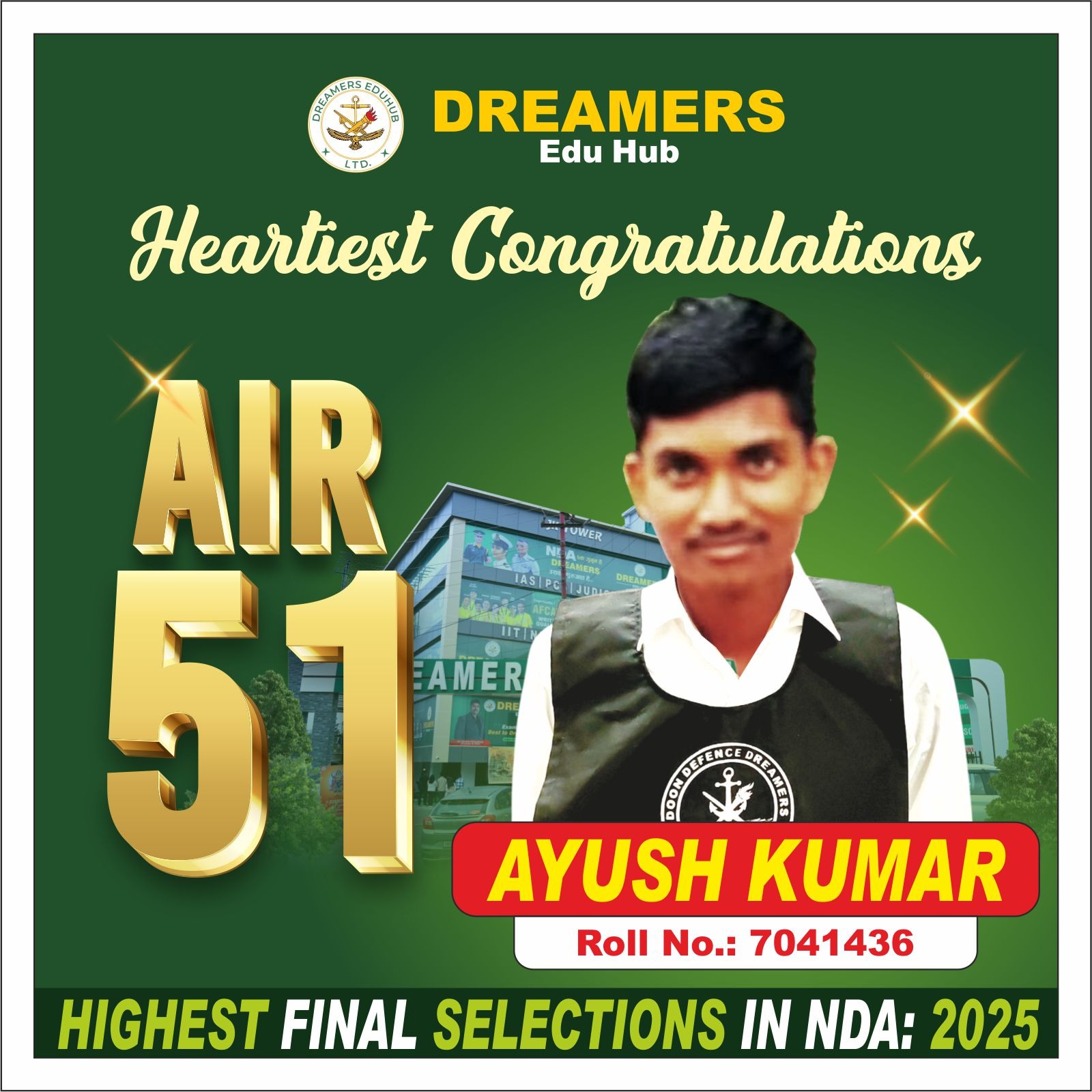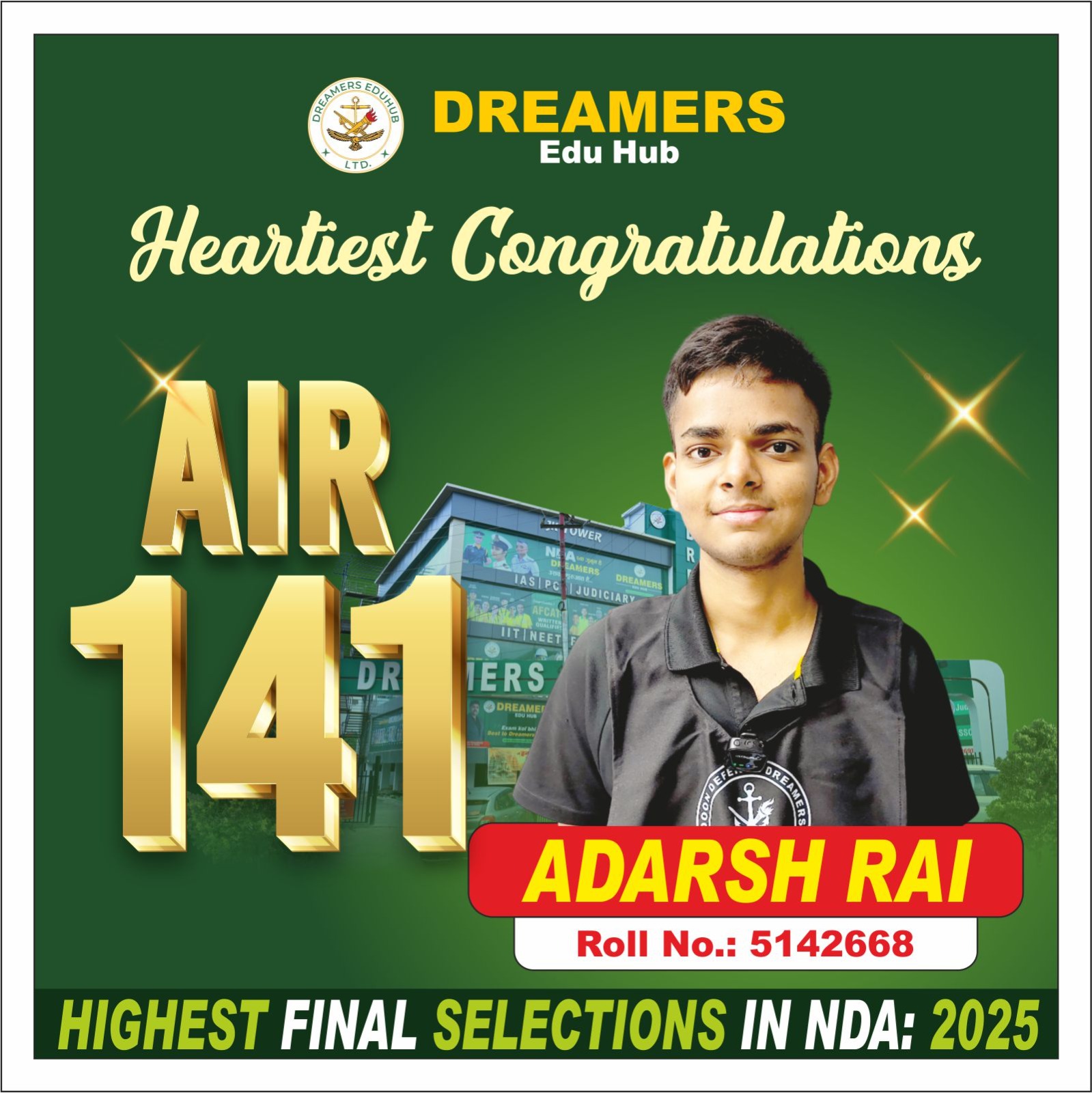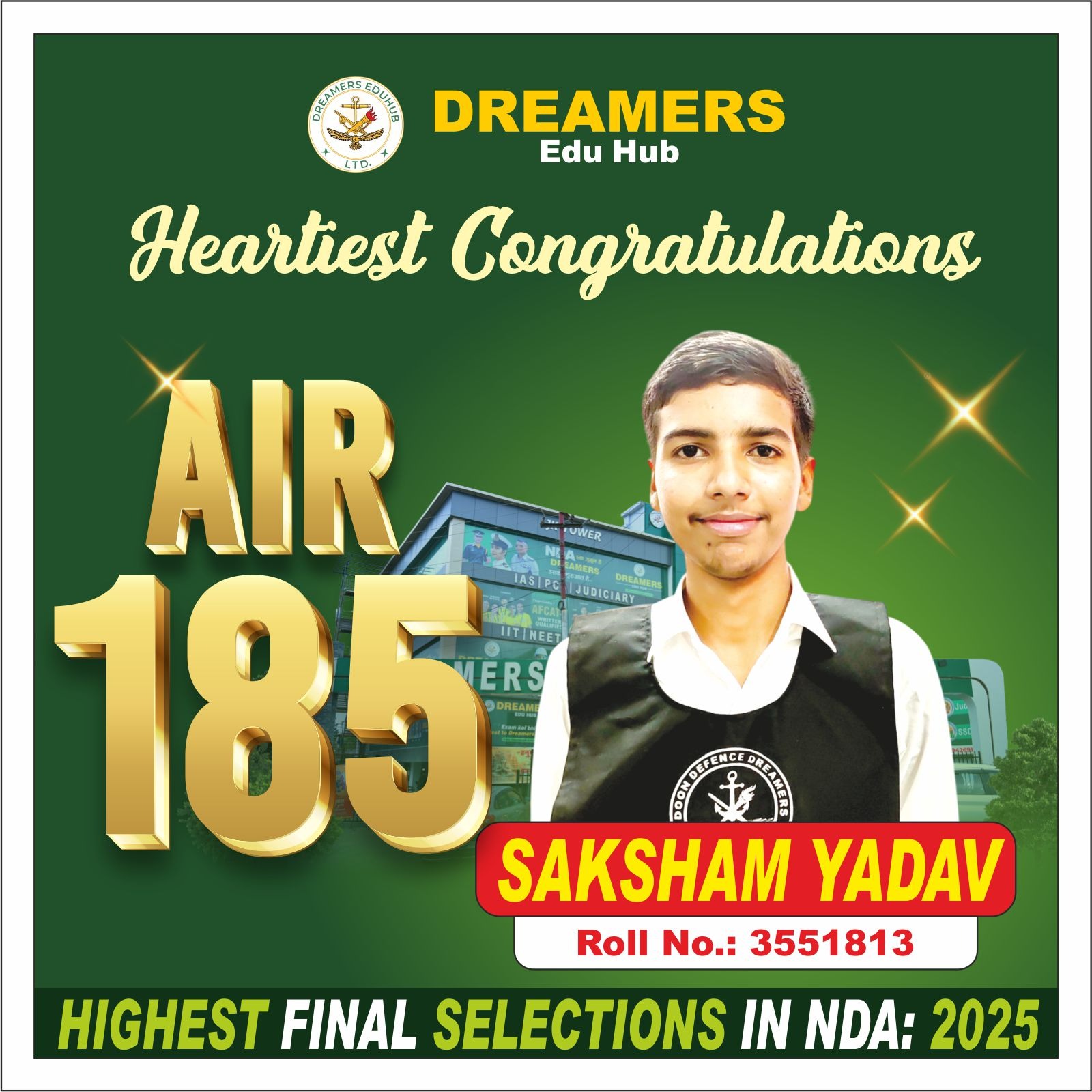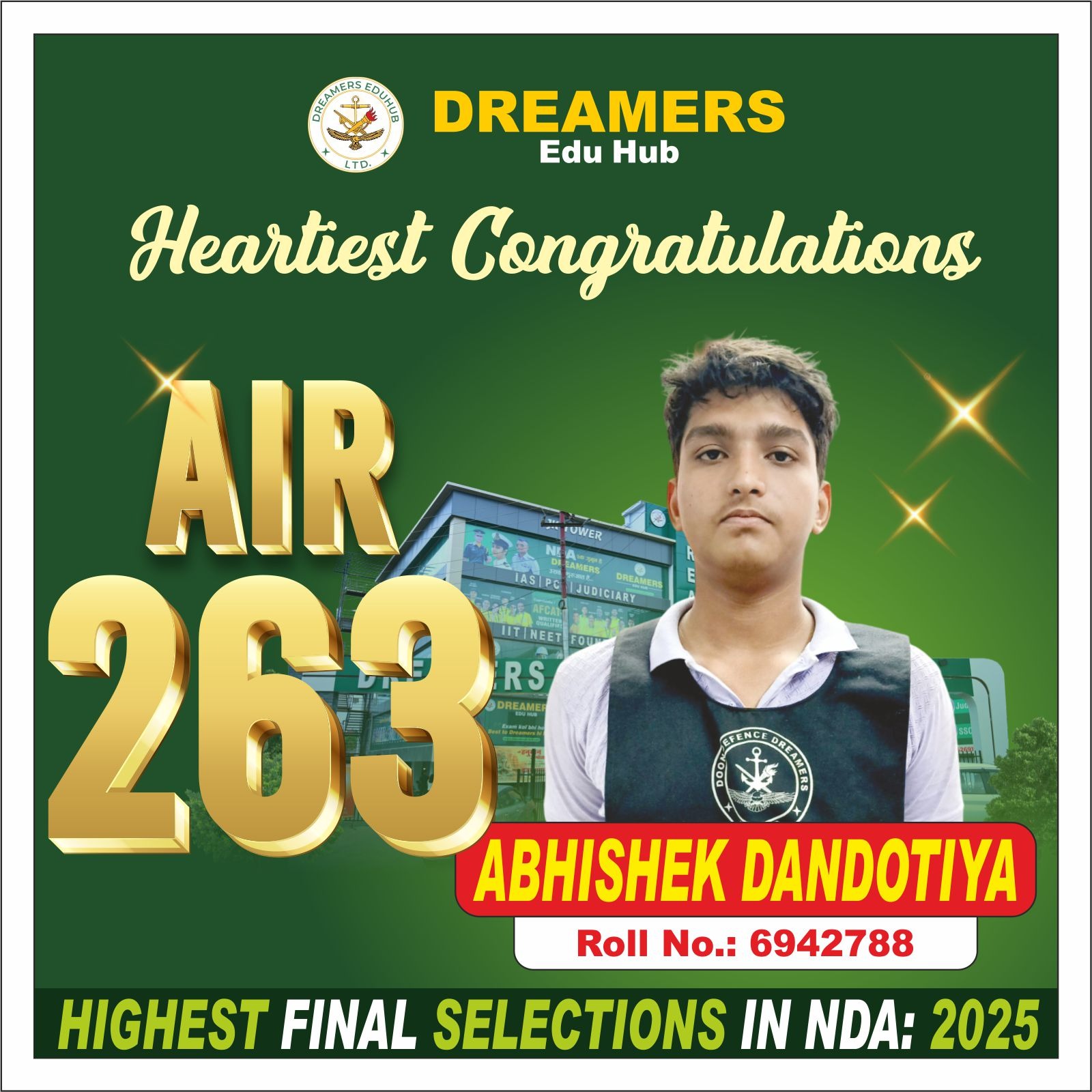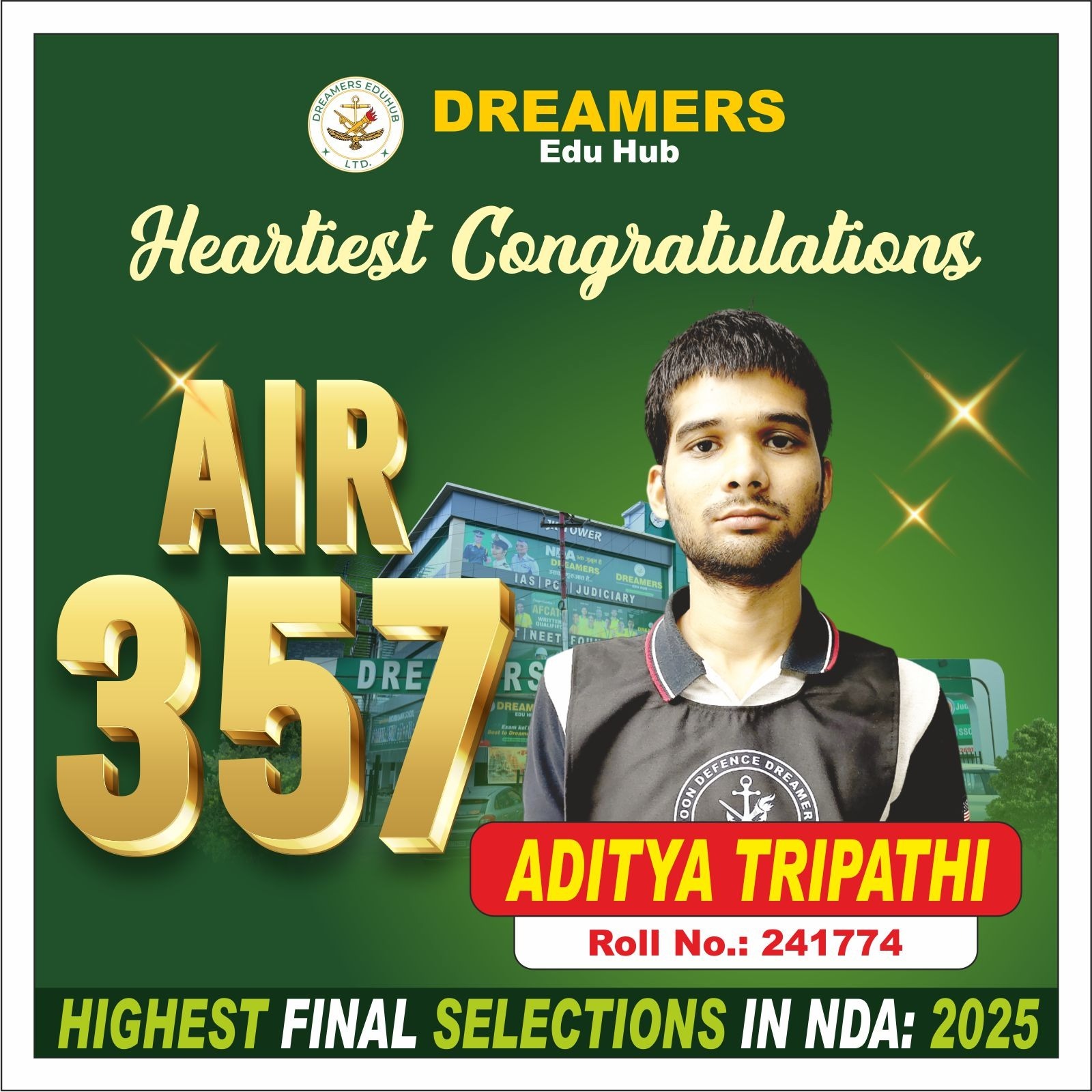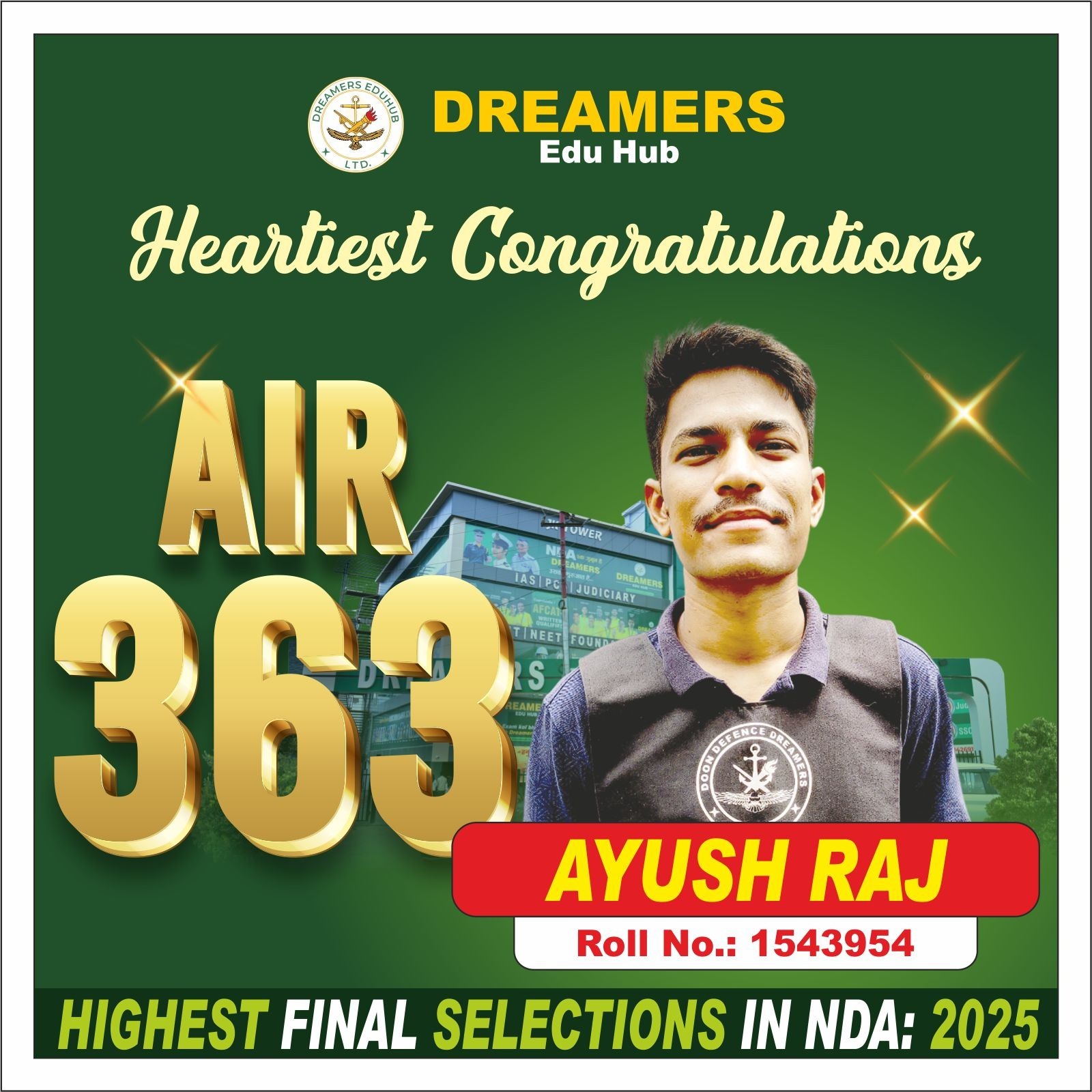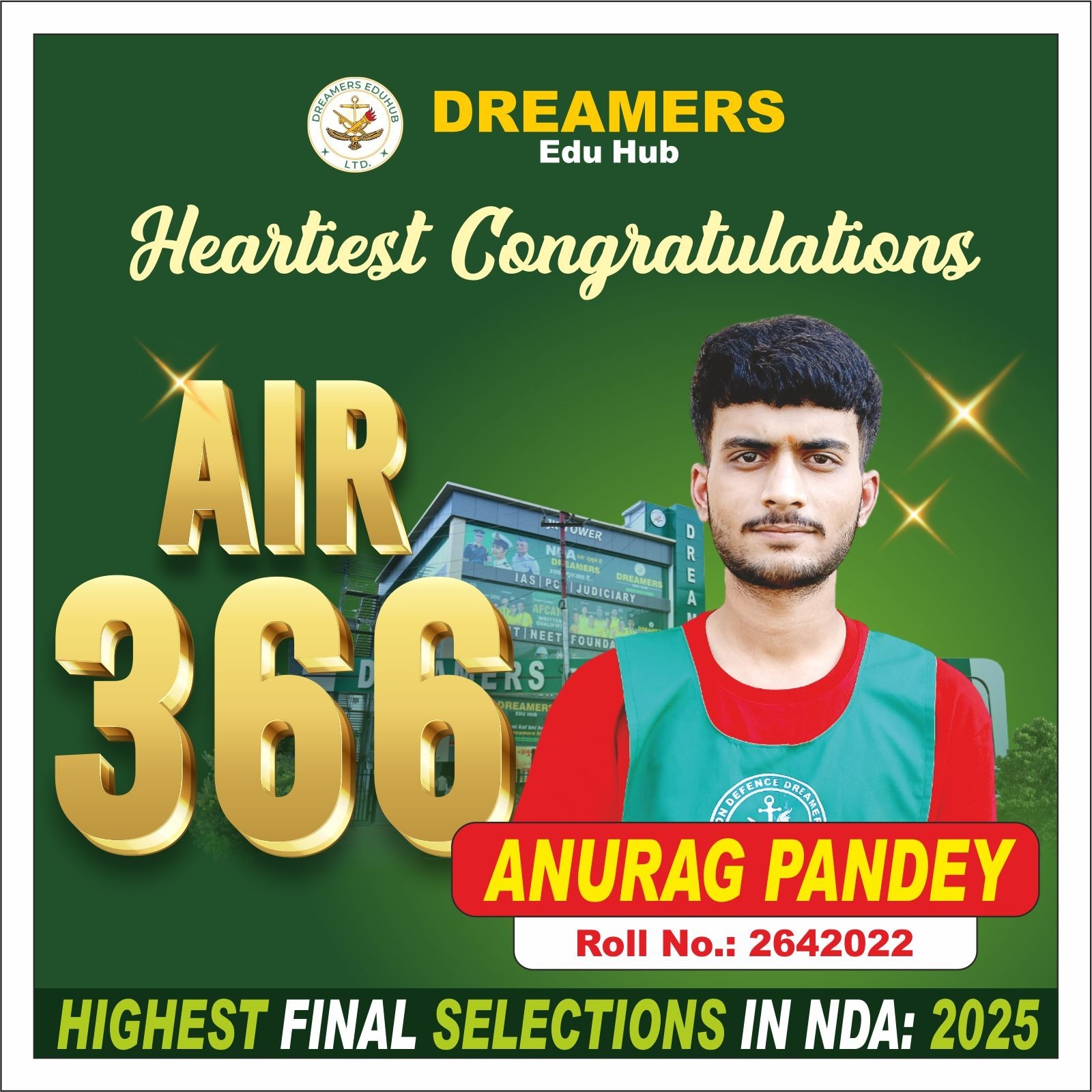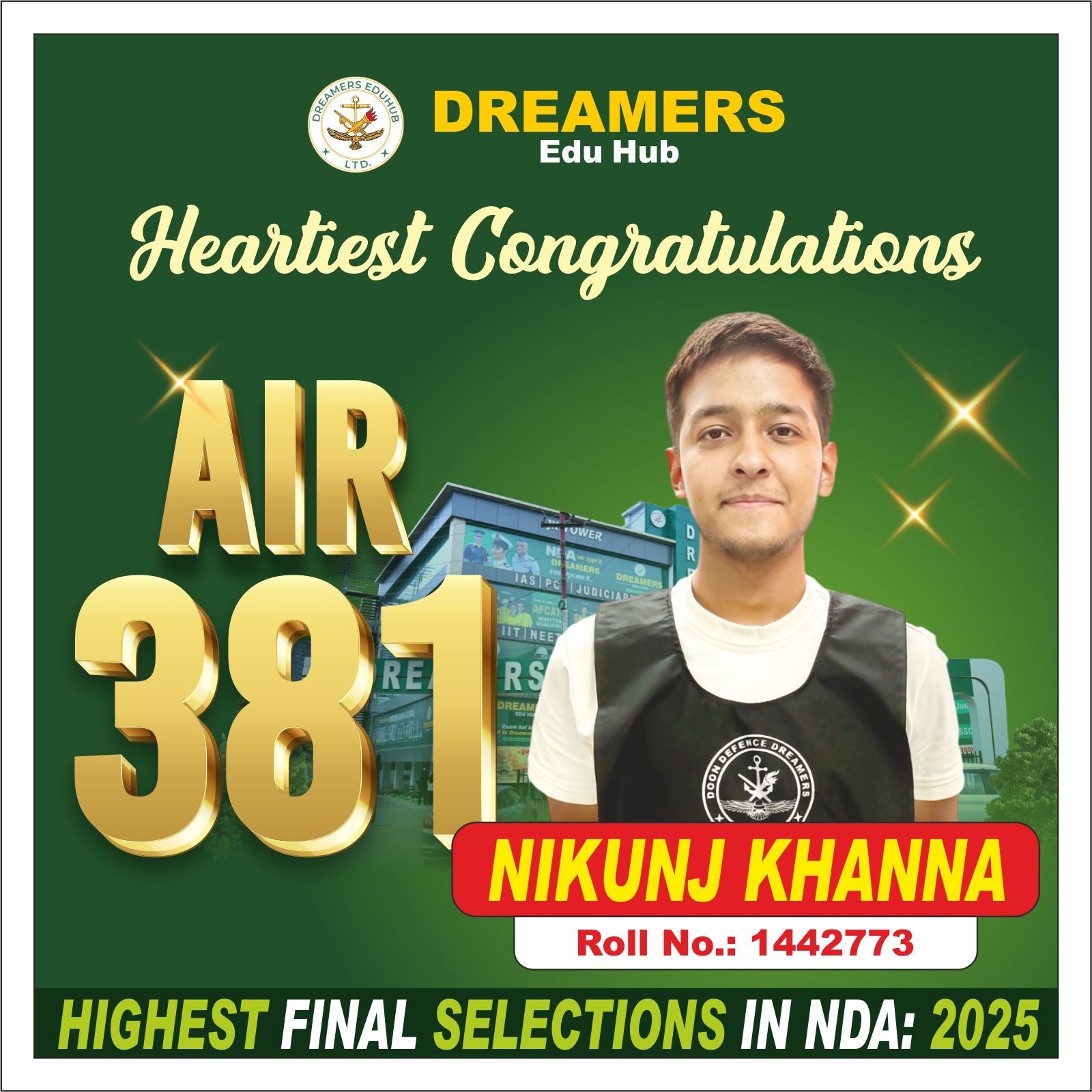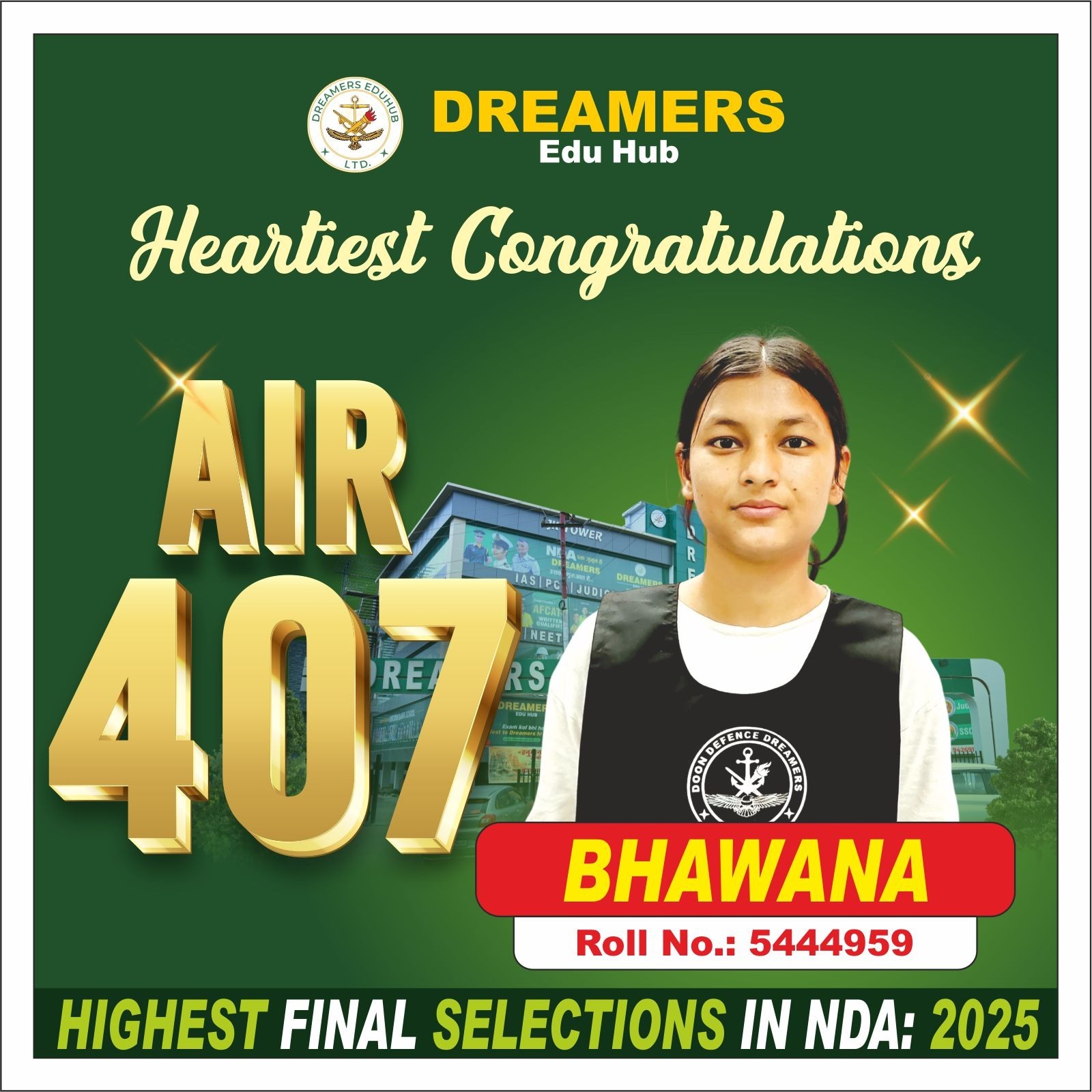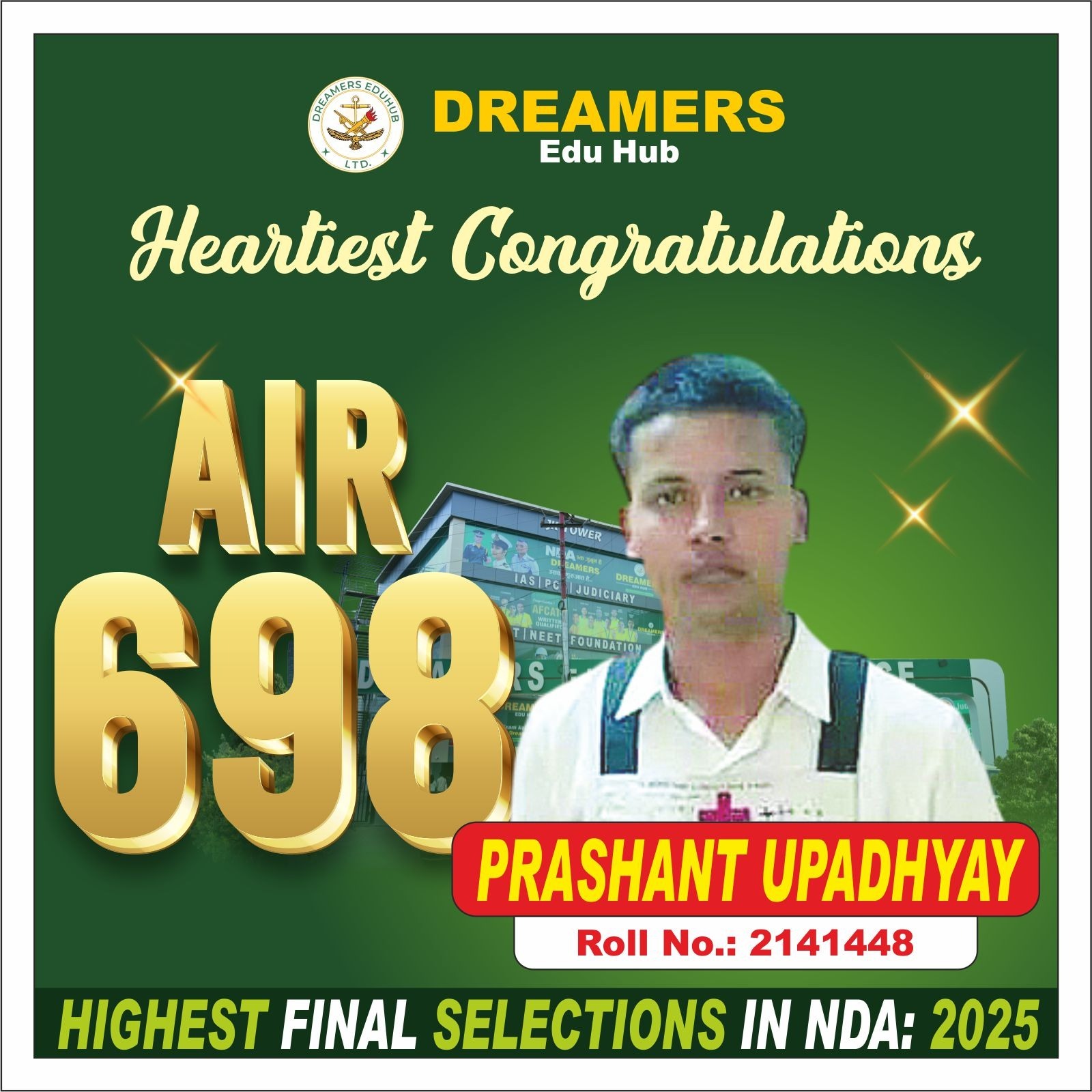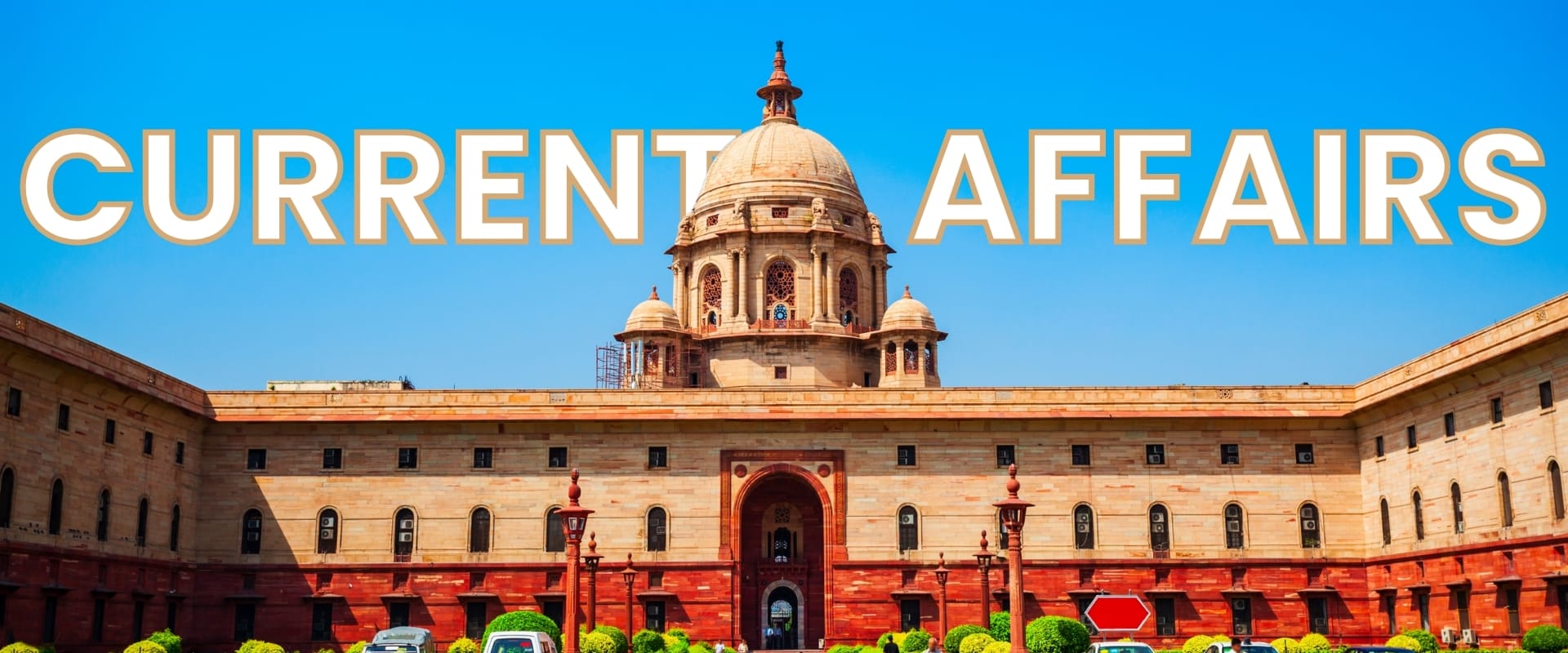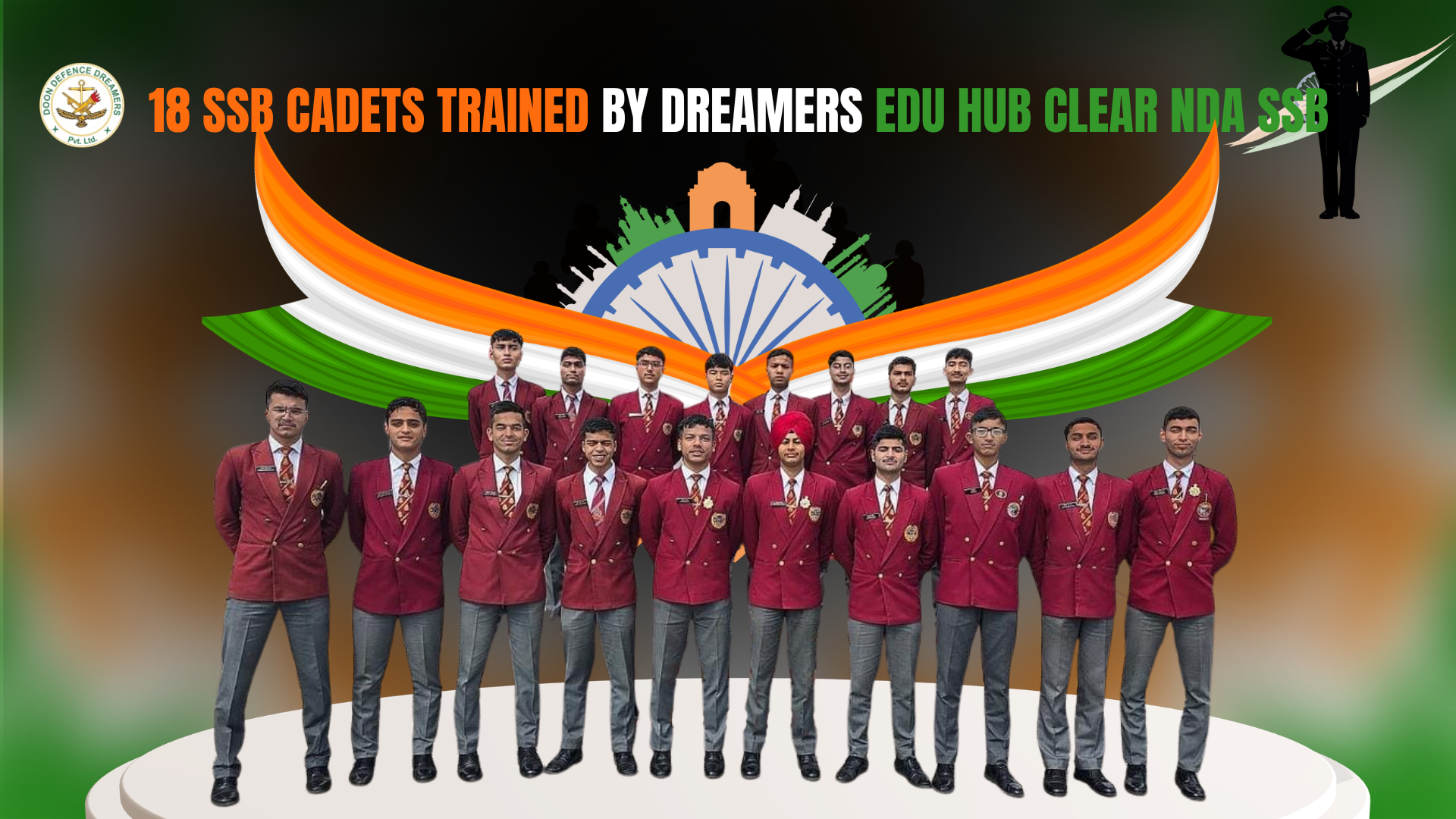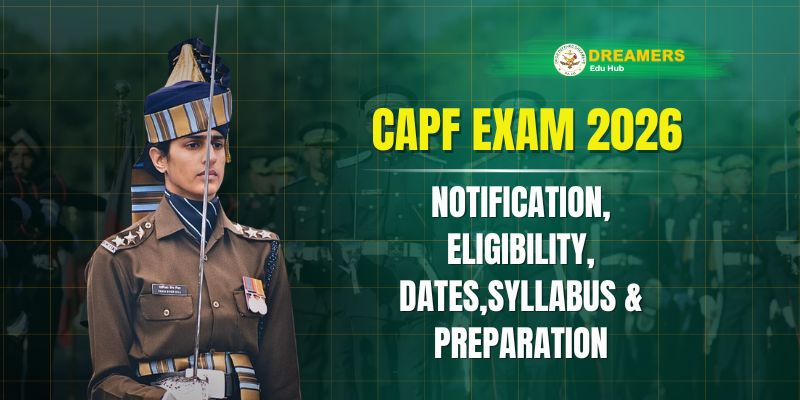5-Day Stages of SSB
An SSB interview includes a detailed assessment over five days. Below is a breakdown of each day:
- Day 0 (Arrival and Reporting): You reach the center to submit your documents for verification. You also complete the Personal Information Questionnaire (PIQ) here.
- Day 1 (Stage 1 Testing): You take the Officer Intelligence Rating (OIR) tests and the Picture Perception and Discussion Test (PPDT). those who pass this round known as being “screened in,” move ahead to the four remaining days.
- Day 2 (Psychological Assessment): Various written psychological tests take place to study your personality and unconscious mind.
- Day 3 and 4 (GTO Tasks): A Group Testing Officer supervises outdoor group tasks across these two days. They watch how you work alone and with your team. Your interview might also happen during this time.
- Day 5 (Conference): You attend a final short meeting with all the assessors. They make a joint decision about recommending you. Results are shared soon after.

SSB Selection Process
What does the SSB look for? The SSB selection process is a detailed system created to judge if you’re fit to serve in the armed forces. It follows the idea of Mansa, Vacha, Karmana (Mind, Speech, and Action). Assessors try to find 15 Officer Like Qualities (OLQs) in candidates. These OLQs cover traits like intelligence, reasoning skills, bravery, honesty, and leadership potential. They use a mix of three distinct techniques to make their decision.
- Psychological Tests (Mansa): These evaluate what goes on in your subconscious mind.
- Interview (Vacha): A face-to-face talk looks at how you think and what kind of personality you have.
- GTO Tasks (Karmana): These are designed to see how you lead and work in a group environment.
How you perform in all these steps decides the final recommendation.
SSB Interview
The personal interview happens as a face-to-face chat with a senior officer often the board’s Deputy President. It does not measure your knowledge. Instead, it evaluates your character, honesty, and whether you fit well into the forces. The discussion focuses on your PIQ form. Be honest in your responses and understand yourself . Common questions may relate to what’s going on in the world, your interests, or your family’s background.
Our team at Doon Defence Dreamers feels proud to share this detailed guide. Below is the complete blog arranged under the provided headings and an impactful title.
Steps to receive your SSB call letter
The first step involves getting the important call letter. It isn’t given out by chance. You need to meet the requirements of certain entry programs that depend on your age and education. The main paths include:
- NDA & NA Exam: Students who have finished 10+2 and want to join the Army, Navy, or Air Force can take this exam.
- CDS Exam: This exam allows graduates to get into the Indian Military Academy, Officers’ Training Academy, Indian Naval Academy, or Air Force Academy.
- AFCAT Exam: It is meant for graduates aiming at roles in flying, technical, or ground duty branches of the Indian Air Force.
- Direct Entry: This includes programs like the Technical Graduate Course for engineers, the University Entry Scheme, and NCC Special Entry for those with a ‘C’ certificate. The selection is done by evaluating their academic records.
After you pass the written exam cutoff or get shortlisted through direct entry, they will send you an official call-up letter. This letter will tell you where and when to report at the selection centre.
Doon Defence Dreamers: Best SSB Coaching in Dehradun
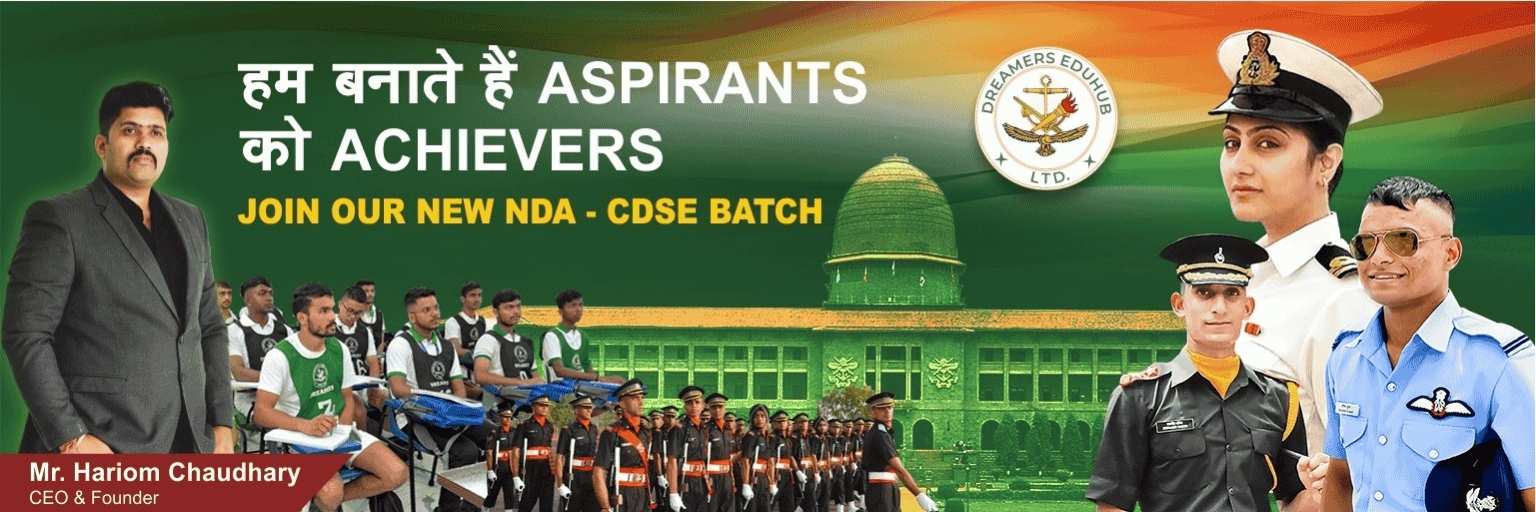
To succeed in the SSB process, you need more than book knowledge. You need proper guidance consistent practice, and the right mindset. Situated in the heart of Dehradun, a city known for shaping military leaders, Doon Defence Dreamers serves as a guide for those preparing for the challenge. The academy offers detailed and tailored coaching that addresses every part of the SSB process. Former GTOs, Interviewing Officers, and Psychologists in the team share their real-world experiences and valuable tips that are hard to find elsewhere. By recreating the entire 5-day selection process, we help you build the skills and confidence needed to succeed.
Doon Defence Dreamers: India’s Best SSB Academy
Why do people say we’re the best? It’s because we look at the bigger picture. At Doon Defence Dreamers, we don’t just prepare you to clear the SSB. We work on shaping you to be an officer. Our tried-and-tested methods aim to build your core Officer Like Qualities. With a history full of successes and many students now serving as officers, our achievements are the proof. We focus on giving quality over chasing numbers. Every candidate gets personal attention to tackle their weak points and make the most of what they’re already good at.
SSB Centres Across India
SSB interviews take place at specific centres located throughout the country. Your call letter will mention the exact centre where you need to report.
| Service Branch | Centre Name & Location | Specific Board(s) |
| Indian Army | Selection Centre East (SCE), Allahabad (Prayagraj), UP | 11 SSB, 14 SSB, 18 SSB, 19 SSB, 34 SSB |
| Selection Centre Central (SCC), Bhopal, MP | 20 SSB, 21 SSB, 22 SSB | |
| Selection Centre South (SCS), Bengaluru, Karnataka | 17 SSB, 24 SSB | |
| Selection Centre North (SCN), Kapurthala, Punjab | 31 SSB, 32 SSB | |
| Indian Air Force | 1 AFSB, Dehradun, Uttarakhand | Air Force Selection Board |
| 2 AFSB, Mysuru, Karnataka | Air Force Selection Board | |
| 3 AFSB, Gandhinagar, Gujarat | Air Force Selection Board | |
| 4 AFSB, Varanasi, Uttar Pradesh | Air Force Selection Board | |
| 5 AFSB, Guwahati, Assam | Air Force Selection Board | |
| Indian Navy | NSB Coimbatore, Tamil Nadu | Naval Selection Board |
| NSB Visakhapatnam, Andhra Pradesh | Naval Selection Board | |
| SSB Kolkata, West Bengal | Naval Selection Board | |
| 12 SSB at SCS Bengaluru, Karnataka | Naval Selection Board | |
| 33 SSB at SCC Bhopal, Madhya Pradesh | Naval Selection Board |
SSB Psychology Exam
This part assesses your subconscious thoughts. The testing includes:

- Thematic Apperception Test (TAT): You see unclear images and need to create a story for each one.
- Word Association Test (WAT): You are presented with 60 words and have to write the first sentence that comes to mind.
- Situation Reaction Test (SRT): You receive 60 everyday scenarios and need to respond with what you would do.
- Self-Description Test (SDT): You describe yourself based on how your parents teachers, friends, and you see you.
GTO Task
GTO tasks aim to observe how you perform. The GTO evaluates your ability to lead, work in a team, and solve problems with different indoor and outdoor challenges such as these:
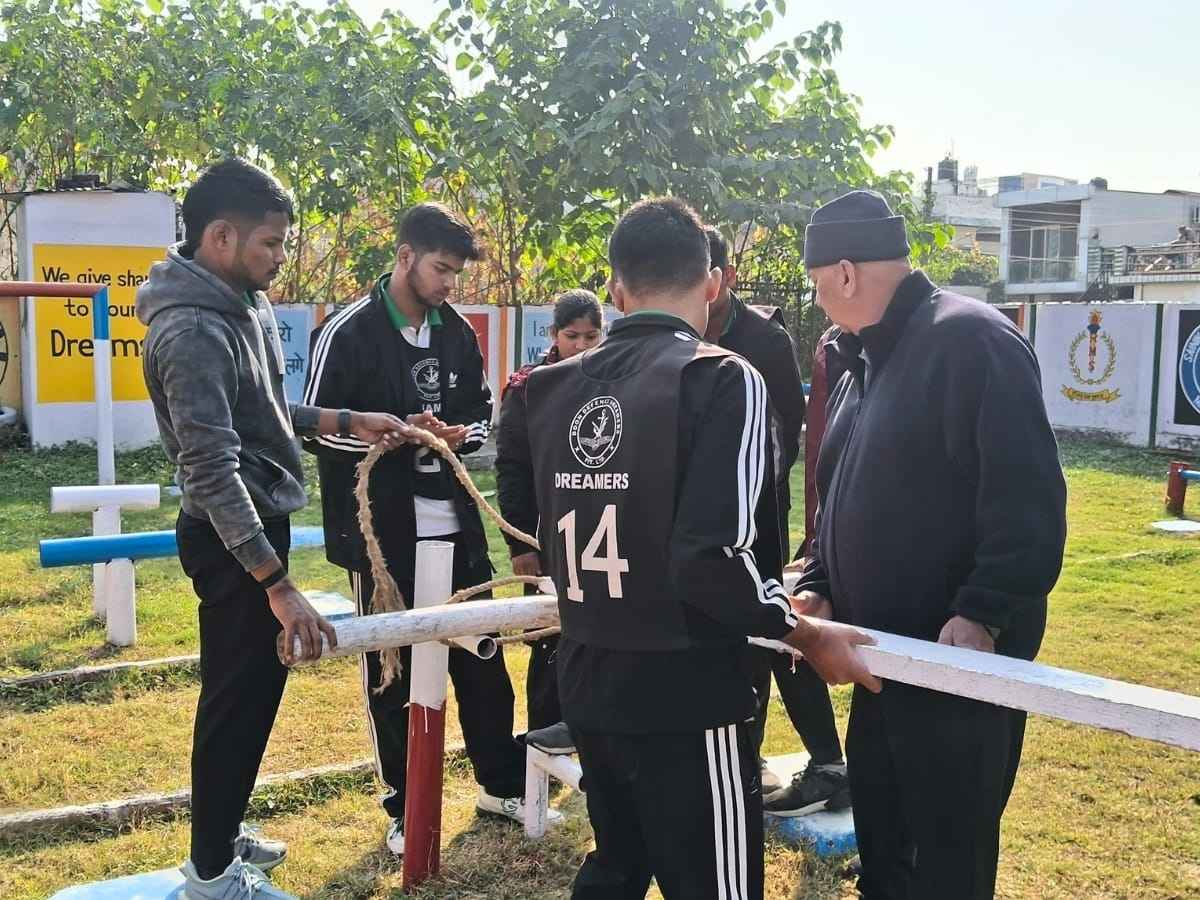
- Group Discussion (GD): Discuss topics based on current events or society.
- Progressive Group Task (PGT): The group uses provided materials to tackle a series of challenges.
- Half Group Task (HGT): Like PGT but done in smaller teams.
- Individual Obstacles (IO): Complete 10 challenges within a set time.
- Command Task (CT): Act as a leader and guide two teammates to finish a task.
- Final Group Task (FGT): The whole team works on one last challenge together.
Hear Directly From Our Recommended Candidates
Secrets to Getting Recommended at NDA SSB | Anurag’s Journey Recommended From 5 AFSB GUWAHATI
JEE से Navy Officer बनने की Lavit की कहानी | Lavit Recommended from NSB Vishakhapatnam
Interview with Saksham Yadav Recommended from 5 AFSB GUWAHATI for NDA 155th Course
At Doon Defence Dreamers, we believe in a holistic preparation strategy. While cracking the SSB is a critical milestone, the journey for many begins with acing the written exams like NDA and CDS. To support you from the very first step, we have curated comprehensive guides packed with strategies, tips, and insights for these exams. Dive deeper and build a winning foundation for your entire selection process.
Our Ultimate Guide to Cracking the NDA Exam.
CDS Exam: An A-to-Z Strategy for Success.
You can read the full article in Dainik Jagran by clicking here.
Read our detailed post on the 35 selections here.(Click here)
Frequently Asked Questions (FAQs)
1. What is the SSB interview?
The SSB interview is a 5-day selection process conducted by the Indian Armed Forces to assess candidates’ Officer Like Qualities (OLQs). It includes psychological tests, GTO tasks, interviews, and a conference.
2. Who is eligible for SSB?
Candidates who clear written exams like NDA, CDS, AFCAT, INET, or are shortlisted through direct entries (TES, TGC, UES, SSC Tech, etc.) are eligible for the SSB interview.
3. How long is the SSB interview process?
The process lasts 5 days, including screening, psychological tests, GTO tasks, personal interview, and final conference.
4. How can I get my SSB call letter?
SSB call letters are sent via email and official portals (UPSC or Armed Forces recruitment sites). Candidates must download and print the letter before reporting to the SSB centre.
5. What qualities are tested in SSB?
SSB tests leadership, communication, reasoning ability, teamwork, decision-making, social adaptability, and confidence – also called Officer Like Qualities (OLQs).
6. How should I prepare for SSB?
Preparation requires practice in:
-
Psychology tests (TAT, WAT, SRT, SDT)
-
Group discussions & GTO tasks
-
Current affairs & personal interview questions
Joining a reputed academy like Doon Defence Dreamers helps you train under ex-SSB officers.
7. What is the success rate of SSB?
SSB has a low selection rate (around 6–8%), making it one of the toughest selection processes in India. Proper guidance and consistent preparation are key to success.
8. Which is the best SSB coaching in India?
Doon Defence Dreamers, Dehradun is considered among the best SSB coaching academies in India, known for its experienced mentors, proven success, and dedicated GTO grounds.
9. Where are the SSB centres located?
SSB centres are in Allahabad, Bhopal, Bangalore, Kapurthala, Dehradun, Mysore, Gandhinagar, Varanasi, Coimbatore, and Visakhapatnam.
10. What happens after getting recommended in SSB?
After recommendation, candidates undergo a medical examination. Once medically fit and merit-listed, they are called for training at NDA, IMA, OTA, AFA, or INA.

